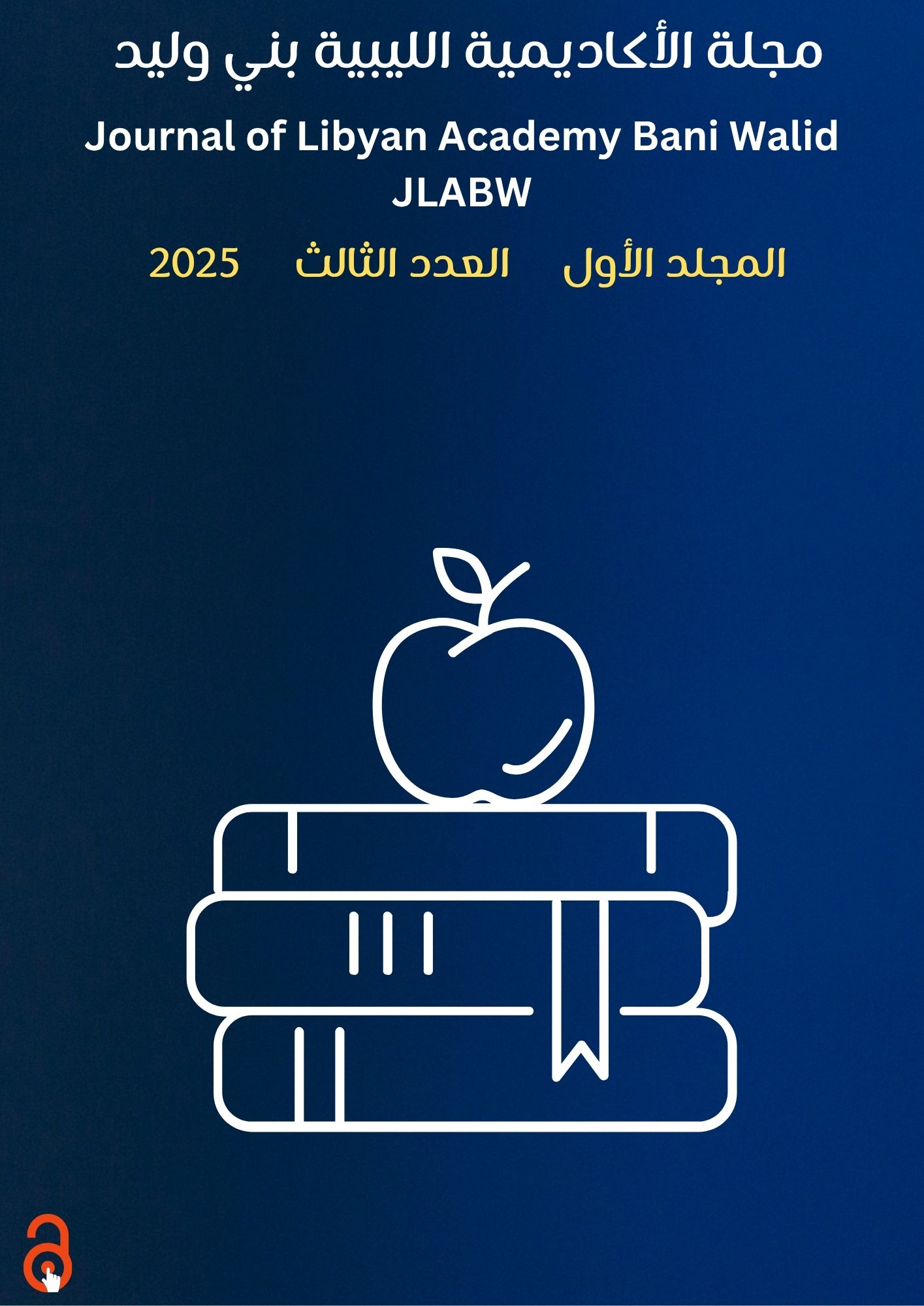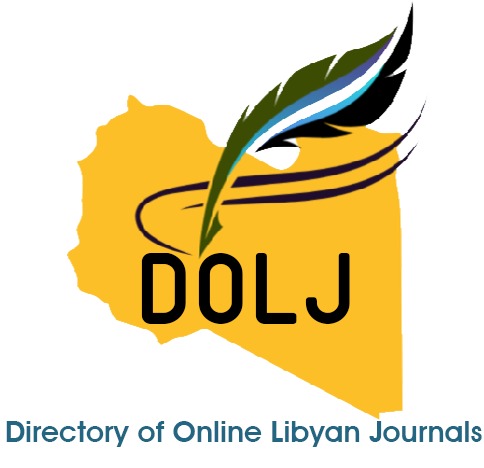Exploring Challenges of EFL Teachers in Professional Developments in Bani Walid Secondary Schools
DOI:
https://doi.org/10.61952/jlabw.v1i3.125Keywords:
Professional Development, Learning OutcomeAbstract
Teaching is a professional job; professional development programs becomes an urgent necessity to develop and improve teachers’ skills frequently. By ongoing learning, teachers’ profession and performance can be boosted; professional qualifications are viewed as powerful indicators of teacher professionalism (Leung, 2009). Developing teacher fosters improving student learning, teaching methodology and teaching process itself. The current study utilized mixed method design to explore challenges that EFL Libyan secondary school teachers face regarding professional developments, and investigating the impact of professional developments on students’ outcomes. A total of 30 EFL teachers participated in this study. The results showed challenges that Libyan EFL teachers face in professional developments were: poor internet infrastructure and limited digital literacy, ineffective teacher performance evaluation systems, poorly designed PD programs, inadequate training venues, teacher demotivation, teachers’ beliefs and attitudes toward professional development, and influence from colleagues. The study also showed the significant influences of PD programs on teacher teaching development and students learning out comes. As abounded areas of research on PD, it is recommended more investigates should be conducted in order to muster tangible evidence on the significance of teachers’ PD. Also, classroom observations of teachers should be utilized in such king of study to provide a comprehensive understanding to the barriers and factors of teacher development. It would be another informative research method to investigate the impact of PD on teachers’ development.
References
Abdollahi, A. (2018). The impact of professional development on teachers’ performance and students’ learning outcomes. Journal of Education and Practice, 9(21), 45–53.
Avalos, B. (2011). Teacher professional development in teaching and teacher education over ten years. Teaching and Teacher Education, 27(1), 10–20.
Baume, D., & Popovic, C. (2016). Academic staff development: Theory and practice. Routledge.
Bransford, J., Brown, A., & Cocking, R. (2000). How people learn: Brain, mind, experience, and school. National Academy Press.
Chang, Y. S., Anagnostopoulos, D., & Omae, H. (2011). The effects of teachers’ professional development on student outcomes. Asia-Pacific Journal of Teacher Education, 39(4), 293–310.
Coldwell, M. (2017). Exploring the influence of professional development on teacher careers: A path model approach. Teaching and Teacher Education, 61, 189–198.
Dehalwar, R., & Sharma, A. (2024). Mixed-methods in education research: A comprehensive review. International Journal of Educational Research, 117, 101–118.
Desimone, L. (2009). Improving impact studies of teachers’ professional development: Toward better conceptualizations and measures. Educational Researcher, 38(3), 181–199.
Desimone, L., Porter, A., Garet, M., Yoon, K., & Birman, B. (2002). Effects of professional development on teachers’ instruction: Results from a three-year longitudinal study. Educational Evaluation and Policy Analysis, 24(2), 81–112.
Eroglu, M., & Kaya, E. (2021). Barriers hindering teachers’ professional development: A qualitative study. Journal of Education and Training Studies, 9(4), 22–35.
Guest, G., Bunce, A., & Johnson, L. (2006). How many interviews are enough? An experiment with data saturation and variability. Field Methods, 18(1), 59–82.
Indrawati, H., & Octoria, D. (2016). Continuous professional development for EFL teachers. Indonesian Journal of Applied Linguistics, 6(2), 213–222.
Kartal, G., & Özmen, K. (2018). Turkish EFL student teachers’ perceptions of professional development: A mixed-methods study. Journal of Language and Education, 4(1), 95–108.
Leung, C. (2009). Second language teacher professionalism. In A. Burns & J. Richards (Eds.), The Cambridge guide to second language teacher education (pp. 49–58). Cambridge University Press.
Mahmoud, A. (2022). Validating questionnaires for teacher development research. Journal of Educational Measurement, 59(2), 112–124.
Meng, J., & Tajaroensuk, S. (2013). The barriers of teacher professional development in Chinese EFL context. Journal of Education and Practice, 4(20), 148–153.
Obisi, C. (1996). Personnel management. Ibadan: Jackbod Enterprises.
Pehmer, A., Groschner, A., & Seidel, T. (2015). How teacher professional development impacts teaching and student learning: A classroom observation study. Teaching and Teacher Education, 47, 264–276.
Polly, D., McGee, J., Wang, C., Lambert, R., & Pugalee, D. (2015). The impact of professional development on teachers’ understanding and use of mathematical tasks. International Journal of STEM Education, 2(1), 1–13.
Richards, J., & Farrell, T. (2005). Professional development for language teachers: Strategies for teacher learning. Cambridge University Press.
Sahlberg, P., Hasak, J., & Rodriguez, V. (2017). Hard questions on global educational change. Teachers College Press.
Tantawy, M. (2020). Professional development and teachers’ self-efficacy. International Journal of Education Research, 12(3), 77–89.








